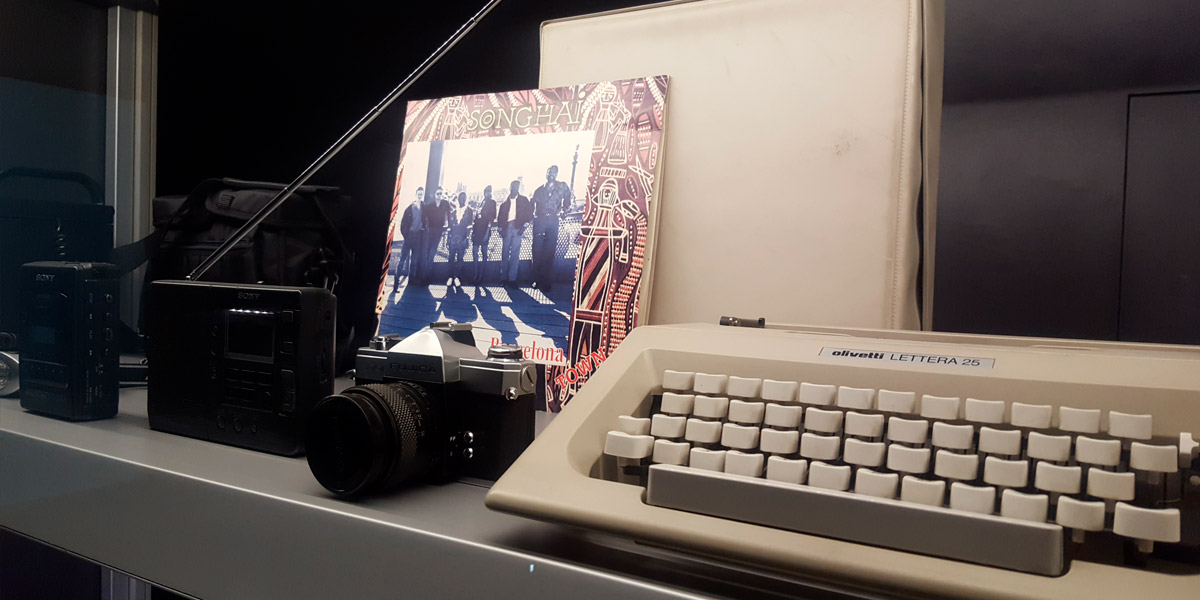Explain to future generations a culture of people who also had to fight for existence.
The Museu Etnogràfic de Ripoll preserves part of the tangible legacy of the various generations that have gone before us. These collections tell us how the people of Ripollès made their living, how they lived in their homes, how they ate, the clothes they wore and how they dressed up on special days. Their beliefs and the way they expressed themselves. And they also tell of the trades that generated all these objects and which now belong to the past. Nowadays, students of social behaviour say we are immersed in a materialist culture. That we have never accumulated so many objects around us. That no society has ever consumed so much material to satisfy its needs or desires. Like so many other people in the world, Catalans move house and change job with a frequency that would once have been unthinkable. But we hardly ever have time to take a good look at the things that make up our domestic, social or workplace landscape. Perhaps one of these moves might temporarily suspend our unconscious relationship with the things we have. In this way we can observe our objects in some kind of new light. The light of necessity, which means we choose the things that will continue to accompany us because we consider them useful in order to function every day. The light of aesthetics, which makes us see the links we establish with things because we find them pleasant to look at. The light of sentiment, which shows the close links we create during lives with objects inherited from our ancestors. The light of precaution, which means we keep certain belongings “just in case”, even though we will perhaps never use them again. The light of representation, which means we choose the things in which we believe we see the reflection of our personality.
Perhaps one day, objects like these – and others which at the moment we think we can do without – will form part of our museum’s collections. And, in the light of ethnographic analysis, they will take on new life to explain to future generations the culture of a people who also had to struggle for survival, who had domestic activity, who spent a great deal of time on leisure and entertainment and who, like any other generation, created a particular material culture. Over the years we will see what modern objects say about the people they reflect – people like you.


